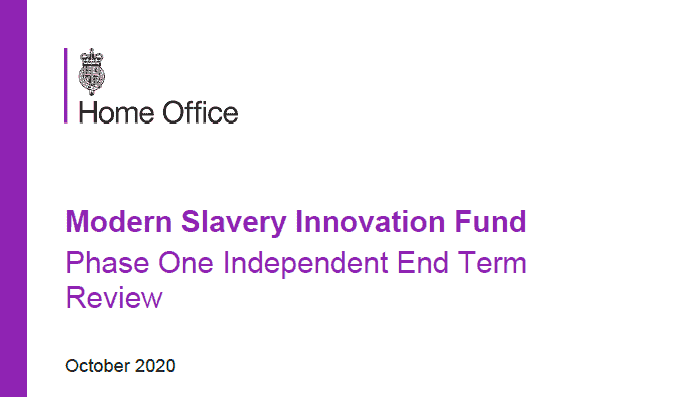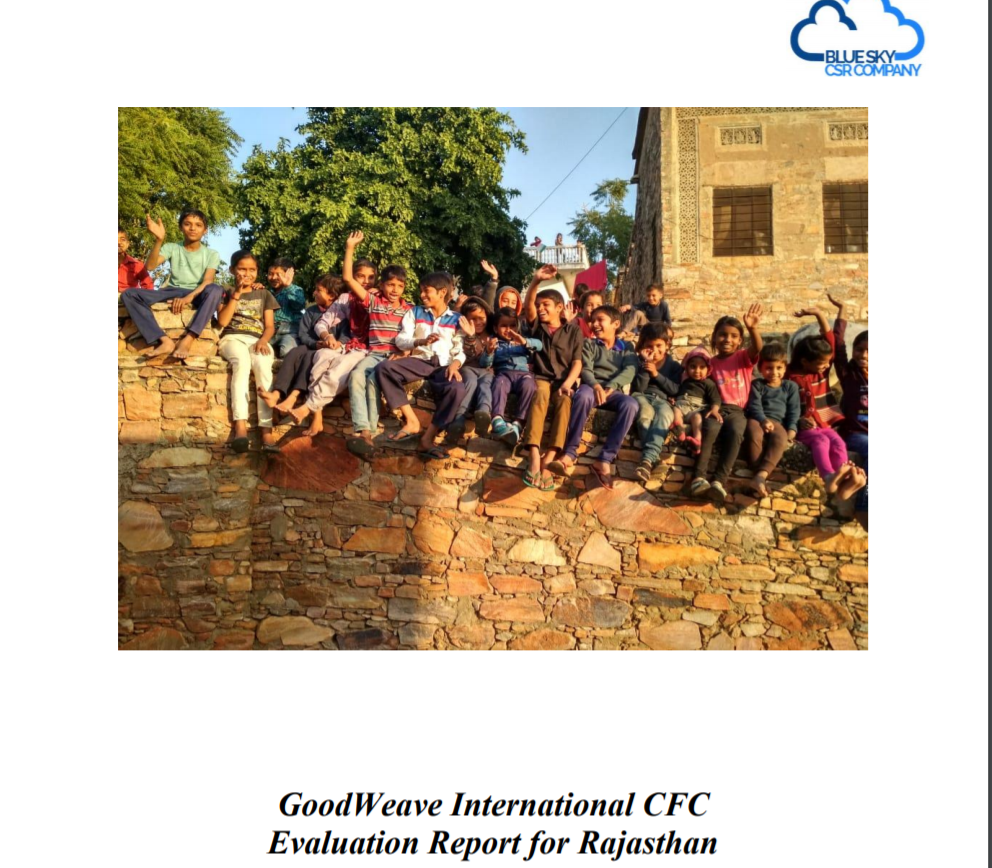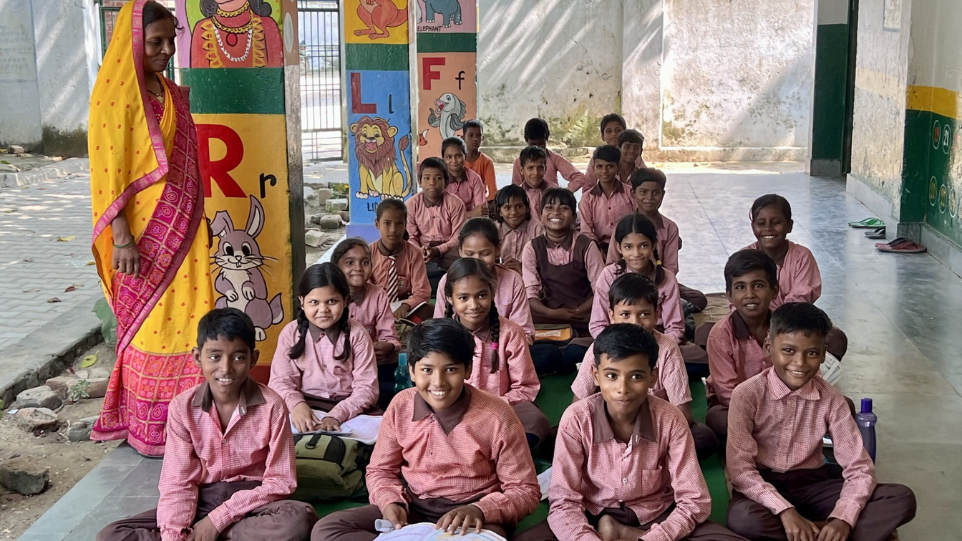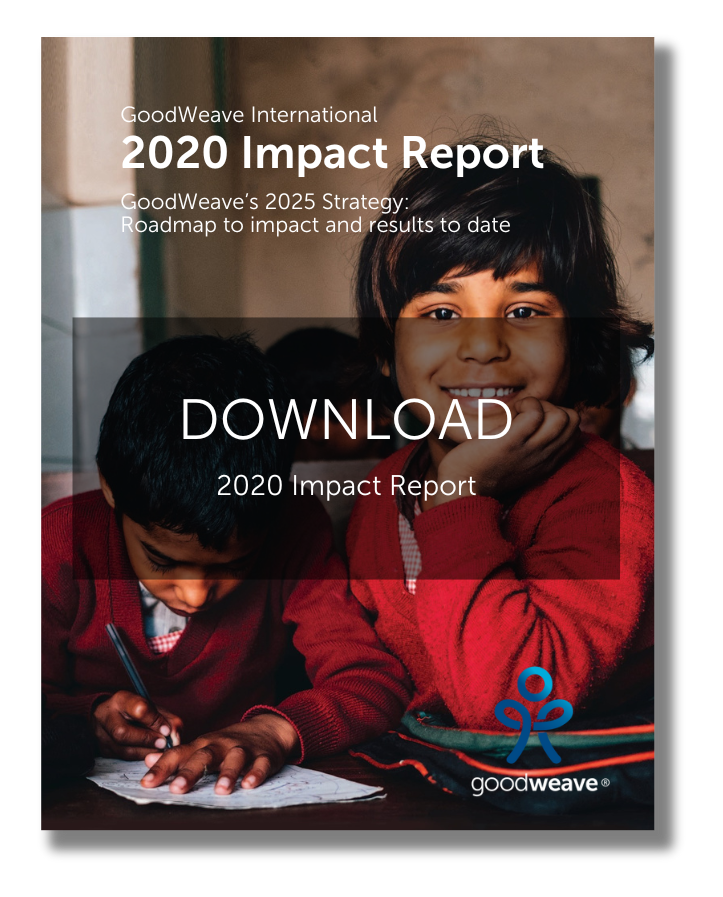10,495 children restored freedom
96,400 children directly provided educational opportunities
117,817 workers reached in supply chains in 2023
GoodWeave recently adjusted the methodology for counting children provided with educational opportunity.
Through years of implementation, we recognize that our whole community approach benefits every child, not just those in the highest tier of risk.
For nearly 30 years, GoodWeave has implemented and refined a set of market-driven programs to stop child labor. Our holistic approach aims to heal and educate those children who have been exploited, while changing the underlying root causes. Our work has led to an overall reduction in incidence of child labor in GoodWeave-inspected supply chains, as well as to freedom and education for children. We are also setting a roadmap with suppliers to improve working conditions for all workers. We’ve accomplished these results in partnership with more than 400 companies worldwide. But behind every data point there is a person, and these are their stories.
Kailash Satyarthi on the Founding of GoodWeave
Kailash Satyarthi began risking his life to conduct rescue raids freeing boys and girls in India who were torn from their families and exploited as cheap labor early in his career. Learn about one such raid that marked not only the beginning of the birth of GoodWeave, but a turning point for the child labor movement.
Evaluation Reports

End-Term Review of Sourcing Freedom: Expanding GoodWeave’s Work to Address Modern Slavery in UK Company Supply Chains
This independent evaluation (pages 8-9), conducted in 2019 by the UK Government’s Modern Slavery Innovation Fund, assesses the results of a two-year project to expand GoodWeave’s supply chain and preventative programming in India. The evaluation finds “strong evidence that Goodweave’s methodology can, over time, produce systemic and behavioural change in different stakeholders – ranging from suppliers, to individuals in bonded/child labour, government and middlemen.”

External Evaluation of GoodWeave’s Child Friendly Communities Programming
This report examines the impact of GoodWeave’s Child Friendly Communities (CFCs). Based in India, CFCs provide educational remediation programming and school enrollment assistance in communities where carpets, apparel, home textiles and tea are produced.



